Figures compiled by device insurance firm ProtectCell indicate that owners of Apple's iPhone suffer fewer broken screens and other device problems requiring replacement, but are far more likely to having their products stolen.
The firm, which has sold over two million insurance policies covering phones and tablets, issued a press release noting that iPhone users are 46 percent less likely to need a replacement device for any reason, as compared to other smartphone users.
Specific to screen damage or breakage, iPhone users are 11 less likely to request repairs. That suggests that, despite a delicate appearance, iPhones either are less prone to damage or their users take better care of them (or a mix of both). The firm's press release attributed the difference to "luck."
in addition to screen breakage, liquid damage, power surge melt downs and mechanical failures, ProtectCell also covers against theft or mysterious disappearance. In that respect, iPhones lead other smartphone owners with a 65 percent greater likelihood of going missing.
Apple has targeted the well-documented attraction of thieves to its products by introducing Activation Lock, a free new feature in iOS 7 that locks device activation to a users Apple ID, ensuring that any iOS device protected by a passcode can't be stolen and resold for easy export by thieves who plan to erase and resell the device.
Both Google's Android and Microsoft's Windows Phone lack any mechanism for similarly blocking reactivation of a stolen device by thieves, but devices using those platforms are currently much less likely to be stolen because they lack potential for easy resale.
Another fact floated by the company: replacement requests by insured tablet owners increased dramatically in 2013 over the previous year, with users being 90 percent more likely to request device replacement.
 Daniel Eran Dilger
Daniel Eran Dilger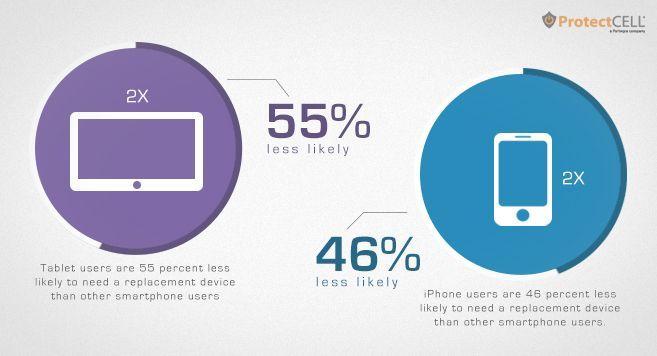
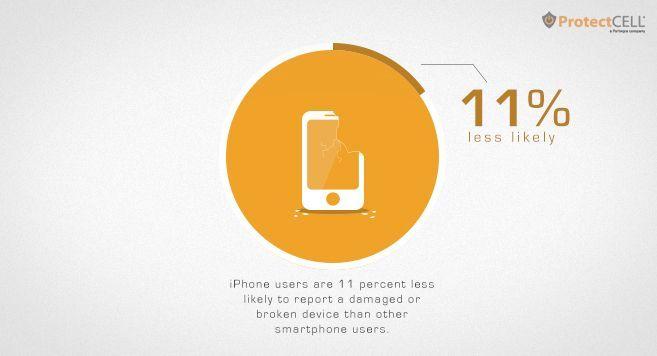
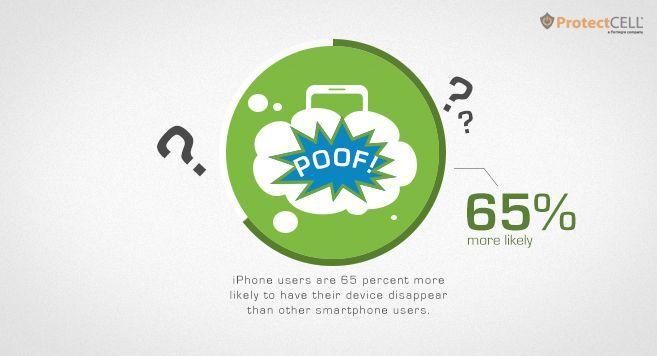

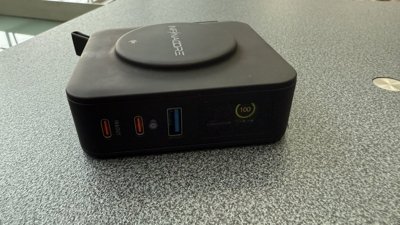
 Thomas Sibilly
Thomas Sibilly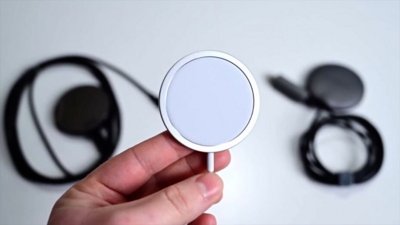
 Andrew O'Hara
Andrew O'Hara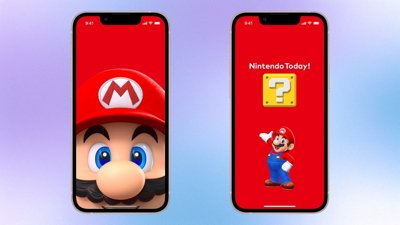
 Amber Neely
Amber Neely
 Marko Zivkovic
Marko Zivkovic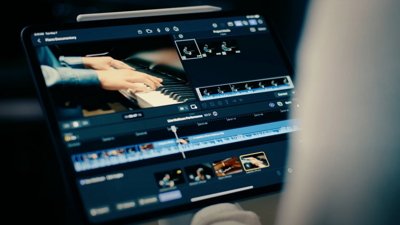
 Malcolm Owen
Malcolm Owen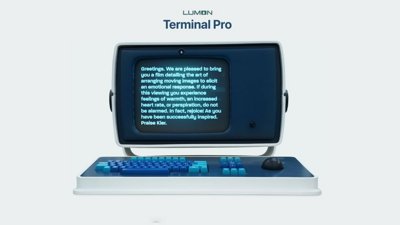
 William Gallagher and Mike Wuerthele
William Gallagher and Mike Wuerthele
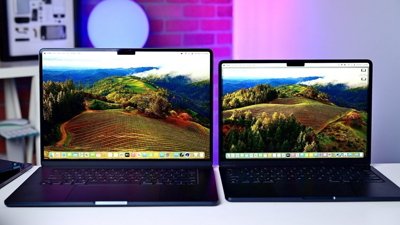









66 Comments
More likely to be stolen? What good would that do as long as the owner had implemented basic security measures, including "Find My iPhone".
Thieves can't tell if any given iPhone has "Find My iPhone" enabled, whether or not the user will resort to it, or if any of the iOS 7 security functions are enabled. Smartphone theft is a crime of opportunity, not the Brinks Job.
Looking at various Q&A forums, it appears there is a certain percentage of folks who do not enable common and free security measures.
Remember, the world is full of people who use "asdfasdf", "1111" or "1234" as passwords.
Heck, even Yahoo CEO Marissa Mayer admits she doesn't even have a passcode lock on her iPhone.
If there are no security measures enabled, and the thief can turn off the phone or put it into airplane mode right away, it's almost untraceable and can be fenced overseas for a good amount of cash. There is no thriving international black market for Android handsets.
More likely to be stolen? What good would that do as long as the owner had implemented basic security measures, including "Find My iPhone".
More likely to be stolen? What good would that do as long as the owner had implemented basic security measures, including "Find My iPhone".
Find My iPhone is a good precaution against a thief getting access to your data, but since it's quite easy to block as a phone bricking service (just turn the phone off or enter Airplane mode, then wipe it before connecting to the internet) and also since lots of people don't use Find My iPhone, or password protection, it's not really much of a disincentive for a thief to steal the phone in the first place.
The infographics never lie. Never.